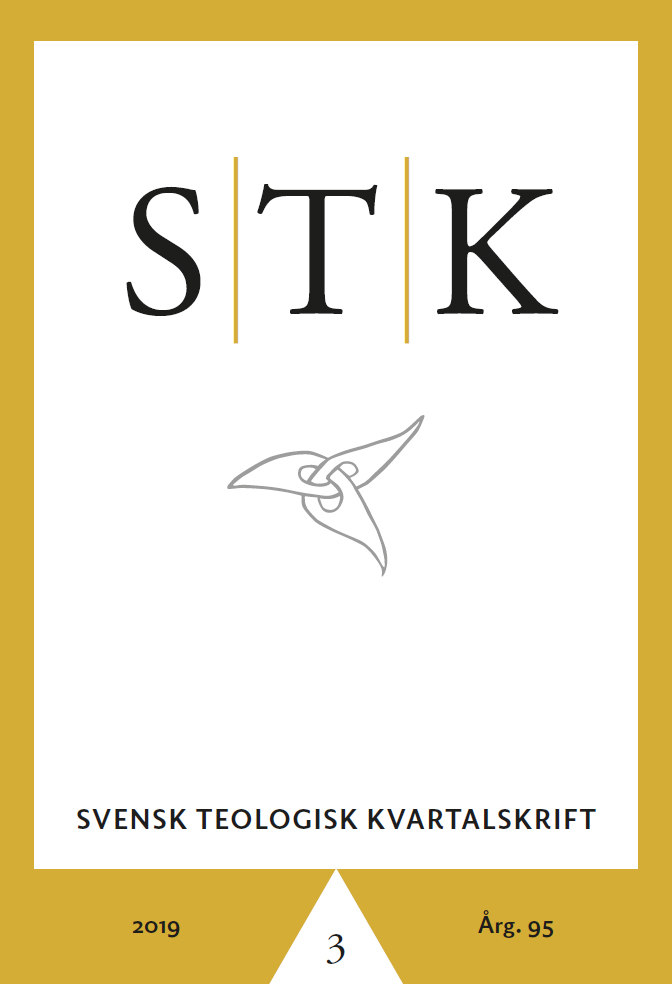En re-presentation av det sekulära
Bruno Latour i dialog med den postsekulära diskursen
Abstract
As a contribution to the post-secular discourse, this article deals with the French sociologist and philosopher Bruno Latour's work. Latour is of interest, not only because his thinking is consistent with the post-secular discourse, but also because it has not to any greater extent been used within theology. Two of Latour's major contributions are highlighted in the article. First, Latour's description of modernity provides a narrative basis for understanding the spread of secularism in the West. Latour argues that modern rationality marginalizes those actors that are claimed to represent pre-modern rationality, as they, according to modern rationality, impede the development of a more modern world. For that reason, modernity develops a general criticism of the public influence of religion, as it is maintained that religion, which is understood as part of the premodern world, prevents progress. Second, Latour challenges the public marginalization of religion by offering an alternative vision for organizing public life. He emphasizes that an inclusive public requires that all actors' concerns be presented over and over again. Such a "re presentative" politics furthermore enables the formation of a new collective of actors – the public. Characteristic of this public is that it has no permanent stability. Instead, it will constantly change depending on which actors are being re-presented for the moment.
Downloads
Published
Issue
Section
License
Copyright (c) 2019 Fredrik Portin

This work is licensed under a Creative Commons Attribution-NonCommercial-NoDerivatives 4.0 International License.


